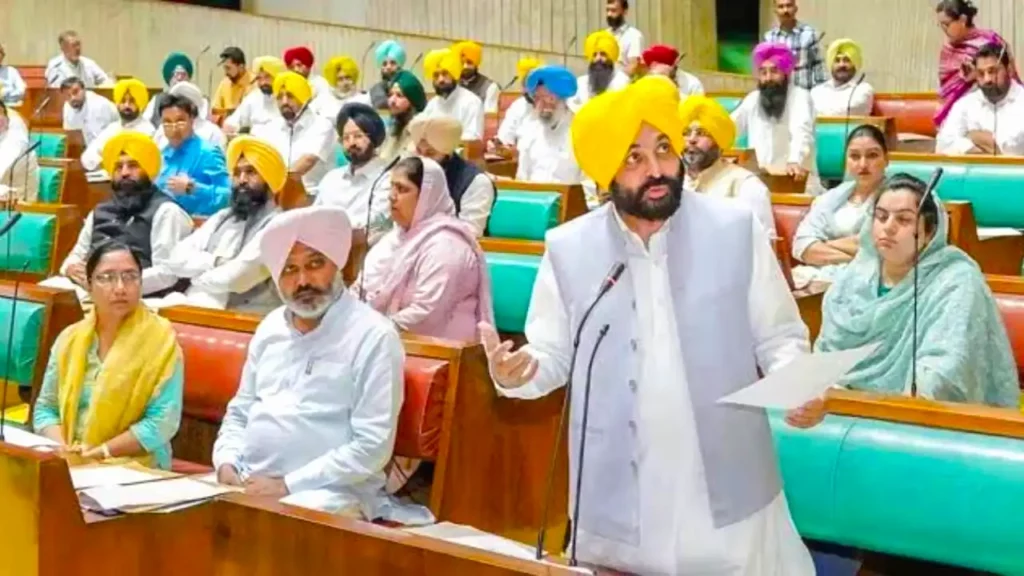The Punjab Vidhan Sabha has presented the Indian Stamp (Punjab Amendment) Bill, 2023, focusing on enhancing transparency in stamp duty collection. The amendments target simplifying rules for property dealings, ensuring a more efficient process. Learn about key changes and the financial implications outlined in this significant move.
Punjab Vidhan Sabha Proposes Amendment to Indian Stamp Act
The Punjab Vidhan Sabha has recently put forth the Indian Stamp (Punjab Amendment) Bill, 2023, exclusively aimed at amending the Indian Stamp Act, 1899 within the state’s jurisdiction.
Key Amendments for Streamlined Stamp Duty Collection
The proposed amendments center around creating a more transparent and simplified procedure for the collection of stamp duties. Specifically, the focus is on providing clarity to rules governing agreements related to various property dealings. This includes transactions such as depositing title deeds, pawning, pledging, and mortgaging, especially concerning Title Deeds (Equitable Mortgage) or hypothecation. The amendments introduce specific stamp duty charges based on the anticipated loan repayment duration.
Addressing Ambiguities: Entry 48 Modifications
The amendments further address concerns related to documents authorizing lawyers to sell property, particularly under Entry 48. The alterations define new charges for stamp duty, considering either the specified amount or the Collector rate.
Objective: Eliminating Ambiguities for Public Convenience
The primary objective behind these amendments is the elimination of ambiguities associated with the levy and collection of stamp duty. By doing so, the amendments intend to streamline processes for the general public and ensure more effective implementation. Punjab’s Revenue, Rehabilitation, and Disaster Management Minister, Bram Shanker Sharma, highlighted the necessity of these changes to enhance the efficiency of stamp duty collection.
Financial Implications and Governor’s Recommendation
Importantly, the proposed Bill does not impose any recurring or non-recurring expenses on the state exchequer upon enactment. In accordance with Article 207 of the Indian Constitution, the Governor has recommended the Punjab Legislative Assembly to consider and introduce this Bill.
Towards a Transparent System: Enhancing Stamp Duty Collection in Punjab
The amendments outlined in the proposed Bill are designed to create a more efficient and transparent system for collecting stamp duties in Punjab. They lay the groundwork for clearer and more straightforward procedures within the framework of the Indian Stamp Act, 1899.

